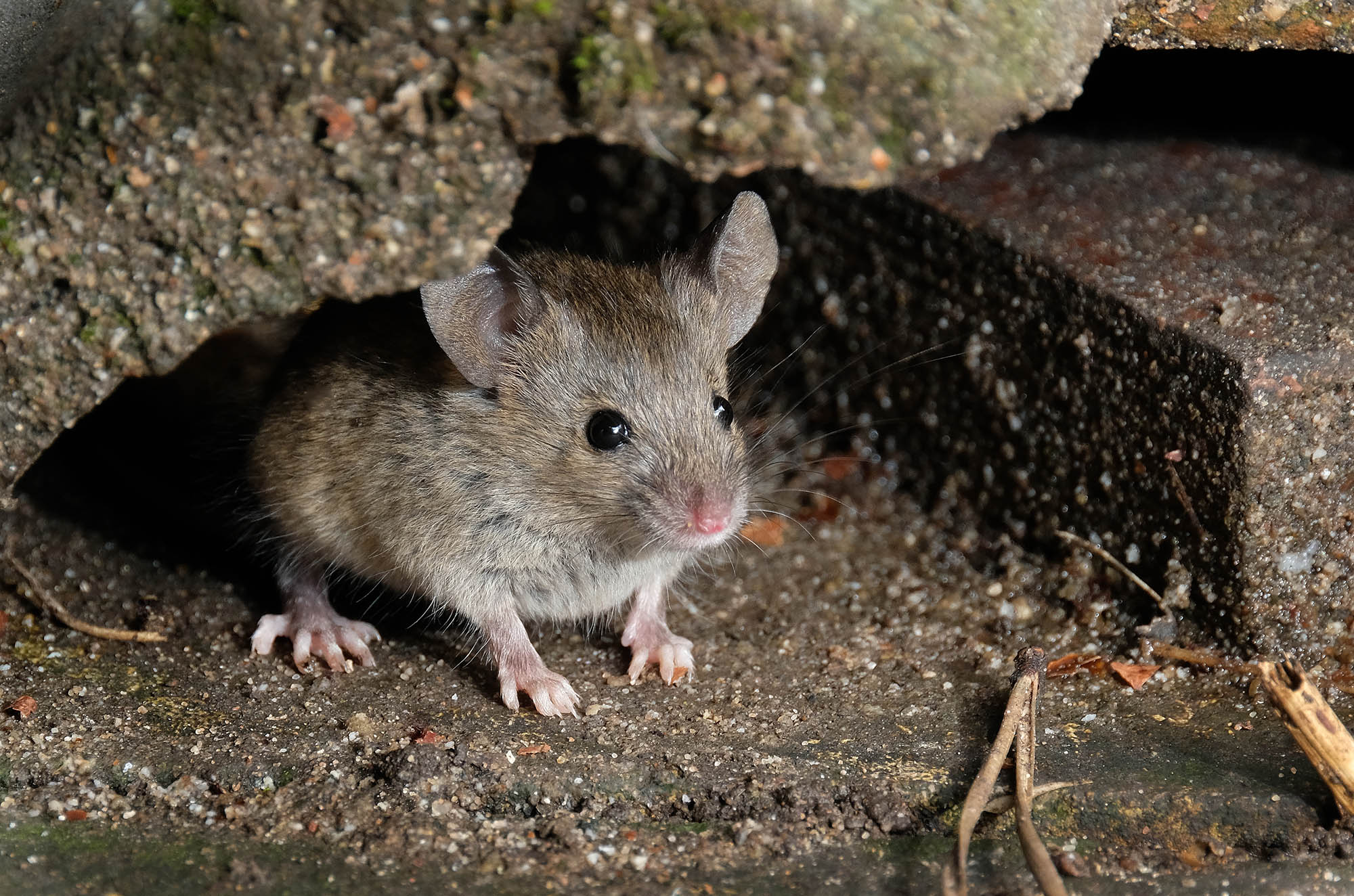How to Keep Mice Out of Your Car
Rodents can cause expensive damage by turning your car into a winter home.
 Shutterstock
Shutterstock
Like humans, rodents want a cozy place to spend the winter. They seek shelter in wood piles, attics, and cars. But sharing your commute with a mouse isn't as enchanting as it might appear on TV.
Rodents can wreak havoc on a car, and they're not paying the repair bill. Keeping them out is possible, though, using strategies ranging from peppermint oil to electronics.
Mice Find Warm Shelter in Cars
From a mouse's perspective, your car represents a warm, comfortable, and relatively safe place to spend the colder months. Mice use the foam from seats and hood insulation pads to make nests; they use your car's nooks and crannies to store food; and they chew on its wires to sharpen their teeth.
Mice can cause significant damage to your vehicle as they build a winter loft. Wiring-related issues can cost a substantial amount of money to trace and repair, especially in late-model cars with sophisticated electronics. Repairing upholstery damage can require replacing the entire seat. Mice have no qualms about using any part of your car as a restroom. You may smell them before you see them.
Strategies to Keep Mice out of a Stored Car
Mice often take up residence in vehicles that stay parked for prolonged periods, such as a classic car stored for the winter. Some automotive enthusiasts recommend placing mothballs under the hood and scattering dryer sheets across the interior to keep rodents at bay, but others argue this isn't effective. Keep in mind that the scent of mothballs is likely to become stronger when temperatures outside rise.
Rodents have a great sense of smell, so a whiff of a scent that they don't like can be enough to drive them away. If you're storing a classic car in your garage, putting a few drops of peppermint oil on cotton balls and scattering them around the car might keep mice out of it by forming a scent barrier.
Rodent-specific repellents can also convince mice to stay out of your car, and catch-and-release traps usually work to capture critters before they have a chance to settle in for the season. Regularly check whether you've caught a mouse.
Multiple manufacturers build electronic mouse deterrents for cars. These tiny devices emit an ultrasonic signal that is said to keep mice and other rodents from approaching your vehicle. This approach is humane and sustainable, unlike more aggressive options such as poison or spring-loaded bar mousetraps.
Ways to Keep Mice out of a Car You're Driving
While it's easier for a mouse to settle into a car that doesn't move regularly, rodents also find daily driven vehicles attractive. Your engine remains hot after turning off, temporarily giving mice the warmth they seek. If possible, park away from spots that attract rodents, such as garbage cans.
Parking inside a garage with the windows closed might lower the risk of a rodent invasion. Also, keeping your car's interior clean of food or food wrappers will give mice less reason to rummage through the cabin.
Written by humans.
Edited by humans.
 Ronan Glon
Ronan GlonRonan Glon is an American journalist and automotive historian based in France. He enjoys working on old cars and spending time outdoors seeking out his next project car.
Related articles
View more related articles